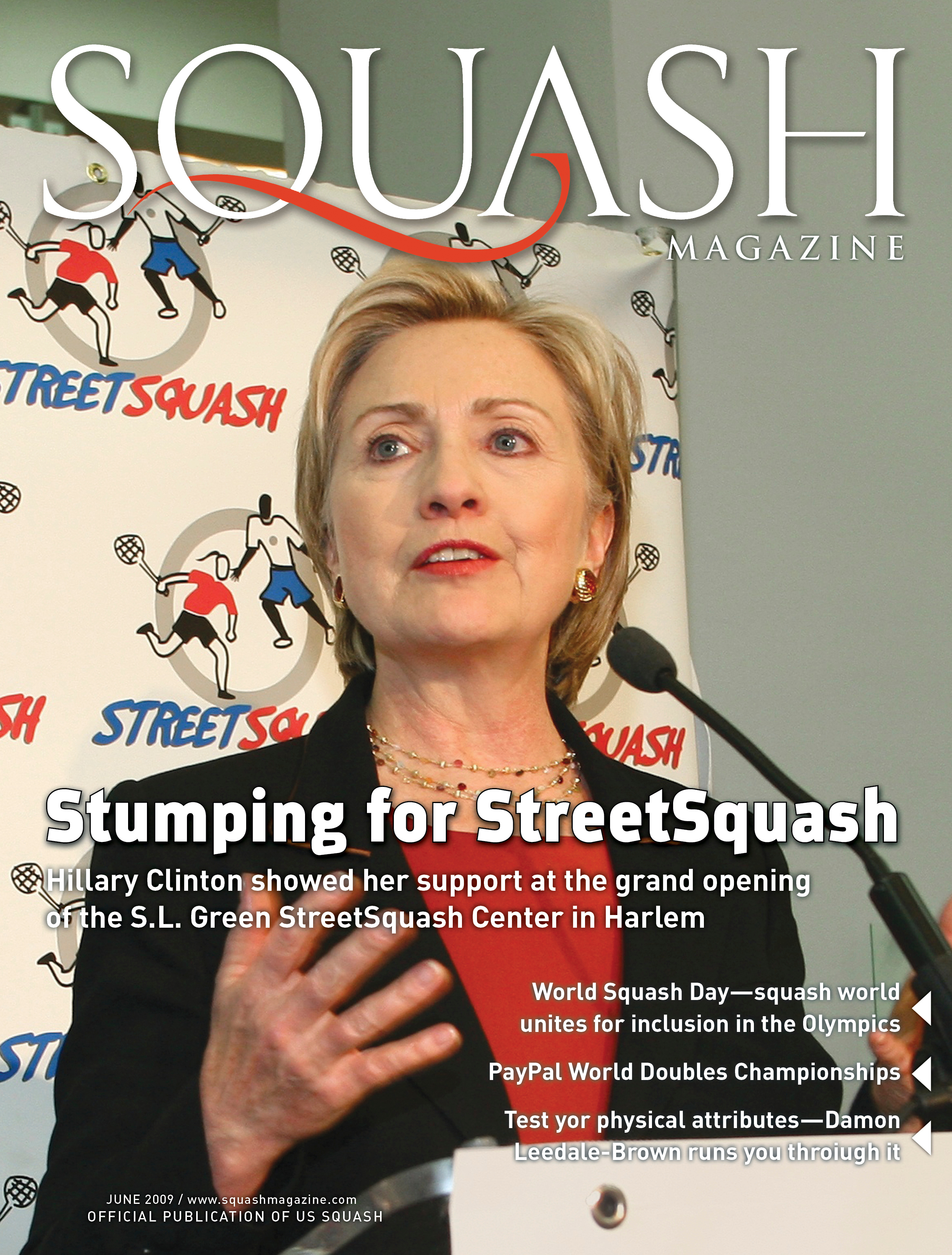By Jay D. Prince
Ahhh, the joys of refereeing. We all love it, right? Hmm, not so much. But why? Every time we step onto the court to play a “friendly,” we are players and referees. In fact, unlike most tournament matches amateurs play, we actually have two referees when we’re not playing a tournament. Yep, ourselves and our opponents. So we all get lots of practice. But hand somebody a clipboard to referee a tournament match and suddenly heart rates rise, eyes roll up and we mumble to ourselves, “Ugh, I hate refereeing.”
I have a solution. Go out and umpire a baseball game played by 14-year-olds. But make sure to do it on a day when you’re there to cheer on your child in a game that a scheduling snafu resulted in the official umpires failing to show up.
My reaction when the coach approached the bleachers I was sitting in along with the other 11 families from my son’s team to ask for volunteers to umpire? “Sure, I’ll do it.”
What? Why would I gladly take on the duties of calling balls and strikes, keeping track of pitch counts, watching for foul balls and whether a runner was safe or out, when I cringe at doing similar things at a squash match? Good question.
Let’s think about this for a moment. In baseball, a game I played through high school and into college (though Pac-10 baseball was clearly beyond my abilities after seeing what other guys on the team were doing at the plate and on the field), there are lots of things to pay attention to. In addition to the obvious things I’ve already mentioned, how about balks (don’t ask, there are way too many ways a pitcher can mess up and give a free pass to the next base for runners), or tagging-up on fly balls, or the infield fly rule, or what happens when throwing errors send the ball out of the field of play, and…? Well, you get the idea.
On top of the actual mechanics of the game, how about the fact that both teams have upwards of 12 players on their rosters, several coaches, and lots of fans? So with every pitch that’s just a little bit high that you call a strike, you’ve got people barking at you or congratulating you. Same is true with close pitches that you call a ball. And with close plays at first base that you call “Out!”
Guess what? There are no “Lets” in baseball. There’s no room in baseball for an umpire to express indecision and say, “Let’s do that one over.” It’s either a strike or not; the runner is either safe or out.
And when you’re a parent taking on the role of umpire, there is always somebody in the bleachers or the dugouts who knows idiosyncrasies of the rules of baseball that you don’t. But you still have to make a decision.
The mind-boggling rule book for baseball makes squash look like a piece of cake. Sure, there are details in the squash rules about injuries (like was it caused by your opponent, or did he/she just contribute to it…or not) and vomiting (puke on the court and you lose…the match) that most of us can’t recite, but squash is actually a pretty simple game to referee.
So do yourself a favor and improve your self-confidence as a squash referee by going outdoors this summer to umpire a baseball game. It just might help. And by the way, if the first bounce of a baseball is past the third base bag and hits the foul line, it’s a fair ball; whereas in squash, the ball hitting the out of bounds line is, well, out. Go figure.





